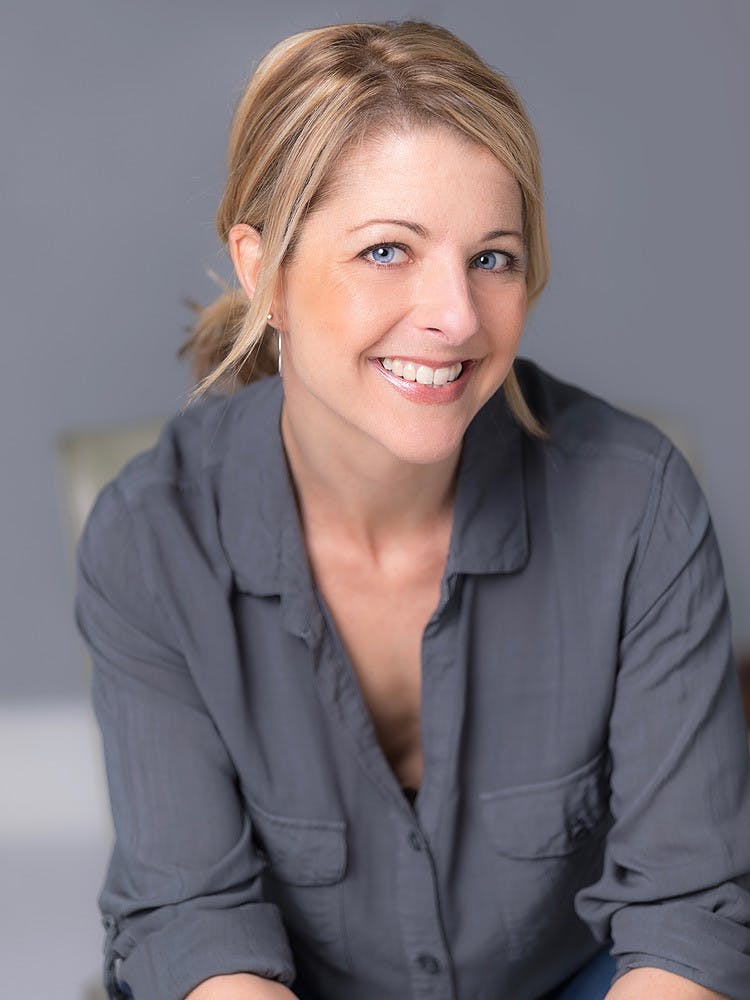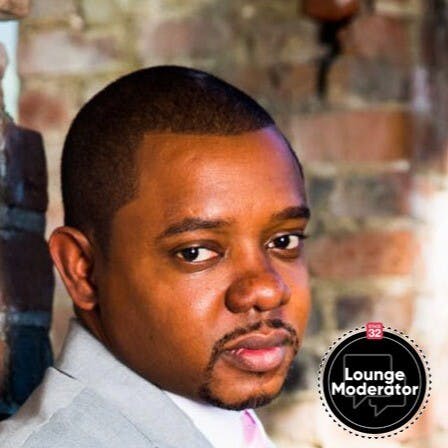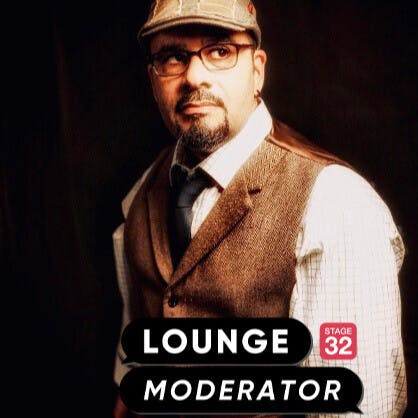6 Tips To Know Before Editing Your First Feature

6 Tips To Know Before Editing Your First Feature

In 2020, I had the privilege of cutting a horror/thriller film titled The Boy Behind the Door. It was the directorial debut of David Charbonier & Justin Powell, and it was also my first feature-length project as an editor. The film was part of the Official Selection at Fantastic Fest in 2020 and received some genuine critical acclaim during its run. It then sold to Shudder and became available for streaming in 2021.
The whole post-production process took over 2 years of diligent work and I learned enough lessons to fill a book with, but here are some of the major takeaways...
#1 – You Simply Must Watch All the Footage, No Exceptions
I’m going to let you in on a little secret: about 80% of editing is watching footage and selecting the best parts (a process known as “pulling selects”). As an editor, you really get to be the first audience member to a totally new story, and it’s your job to know what’s available in the footage better than anyone else. But all those hours of takes would be impossible for anyone to remember every little detail, so I like to use a system of stacking clips on my timeline as I watch them for the first time. Here’s a visual example of one scene from the feature:

Track 1 = Everything
Track 2 = Good, useable material
Track 3 = Excellent moments of performance or solid line readings
Track 4 = The gold, really great material that gives you an emotional reaction one way or another, this is the stuff you should try to find a place for in your early rough cuts
Usually, I’ll build out a timeline like the one above for each new scene of a project. Having your footage organized like this makes it easy to take a quick glance and scrub through the moments that you already know work, rather than endlessly clicking through each take to find that little thing you liked when you watched it a few weeks ago.
To add to this, the real reason you should watch every frame of footage (and yes, I’m talking about the moments before “action” and after “cut”) is that sometimes, the stuff that’s usable might not have necessarily been part of the take. I’ve found plenty of great moments of an actor waiting for the director to call “action” or even staying in character a few seconds after “cut.” There have even been situations where the actor has left the frame and the camera is just rolling for a few seconds on an empty location that we realized we totally needed for a POV shot later on. The point is: if you spend the time to find these moments, the actual process of editing with the director(s) will move exponentially faster and you’ll be in a much stronger position to make creative calls. Think of it like studying for a test – sure, you can wing it, but it’s a lot easier if you know the material.

#2 – You’ll Be Playing Catch-Up Until The Movie Is Finished Shooting
Film productions are massive operations with more moving pieces than one person can ever hope to wrap their head around. Conversely, a director’s attention is a vitally precious resource during the shooting process. If you’re lucky enough to be hired on a project before they start rolling (I was hired the day before as a last-minute decision), then you’ll probably be editing footage one day behind the production. What this means is that when the crew is on Day 2 of the shooting schedule, you’ll be editing Day 1 – and so on.
It sounds simple in theory, but what this means is that you’ll need to get through all of the day’s footage before you can really clock out. As soon as you walk into work the next day, there will already be a whole new day’s worth of material to get through. If you’re not on top of this as it’s happening each new day, the footage will pile up in an existentially terrifying way.
My longest days on the feature were during production, I’d be putting in 12 to 15 hours a day just to stay on top of everything. My goal each day was to watch everything from the prior day’s shoot, pull selects from it and cut together a very rough scene to make sure nothing was missing. The thing is, sometimes there was stuff missing, but there was still an opportunity to get it since the movie was still shooting. There were a few key transitional shots that were really crucial to the story, and since I was already assembling a rough cut as the production was still happening, I was able to flag those problems to the directors so that they could shoot the fixes before it was too late.
All of that said, once the film has finished production: things will slow down slightly and you’ll finally be able to sit down with the filmmakers in a more relaxed setting to really fine-tune each beat of the movie.

#3 – Find The Note Behind The Note
One of the hardest lessons every editor learns is: it’s not your movie. That doesn’t mean that you can’t have a huge hand in shaping the story, but at the end of the day, you are generally paid to apply a filmmaker’s notes. Whether it’s the directors, writers, producers, distributors, or sometimes even the actors, everyone will have their two cents, and often times there are quite a lot of conflicting opinions between all those different parties.
Most of the people involved in this process really just want to make the best movie they can, even if they can’t always agree on what that is. You’ll likely screen the movie dozens of times to different groups to get feedback, sometimes with notes that are impossible and make your head spin. Not everyone can talk like an editor and so the best thing to do is to just keep a level head while trying to find out what that note is really trying to say. For example, if somebody says, “I didn’t like that actor,” rather than going nuts and attempting to reshoot with another star, maybe there are a few small beats you can remove from a performance that isn’t working. You’d be surprised at how taking out a few extraneous moments can really wrangle in an element that is falling flat.
#4 – Re-Shoots and Pickups Will Probably Happen
Reshoots and pickups usually get a bad rap in the PR world. The assumption always seems to be that a project in need of reshoots probably has some inherently glaring problem that is in dire need of fixing. That negative assumption is often based far more on rumors than on reality. Reshoots or even full-on rewrites in the editing process are actually far more common than you would think. The intricate and complicated nature of filmmaking makes it almost impossible to truly envision the final product before or even during its production. Only once you see a fine-tuned cut do you realize that some small changes here and there could really bolster the story in a notable way.
In the case of The Boy Behind the Door, we realized during the early editing process that the story was actually too focused on one character, and that it would be very helpful to see what another important character was up to during the story’s progression. The directors quickly whipped up some new scenes that were very simple to shoot from a technical perspective, but they provided much-needed context as to what was happening with this secondary character’s situation. Sprinkling in these new moments throughout the film, really helped the audience care a lot more about the larger journey at hand.
While that’s a more elaborate story example, sometimes it’s as simple as: “Hey, we spend a lot of time in this building and need some exterior and B-Roll shots to get from scene to scene.” Either way, as an editor, you’ll likely be in a unique position to support that process and it’s a real privilege to help shape the story even that late during a film’s creation.

#5 – You’ll Probably Be Working On It Well After “Picture Lock”
Picture lock is a crucial point in the post-production process where all parties involved agree that there is no more editing to be done and that the cut is final from there on out. This step is soon followed by other important creative touches like sound design, music, VFX, color, etc.
The honest truth about modern filmmaking is that the cut will likely still get tweaks well beyond the agreed picture lock and your responsibilities as an editor will likely continue up until the film’s final delivery. Sometimes VFX and music will inform a scene more than anyone realized it could, and you’ll have to do some adjustments to make everything work harmoniously. Other times, a distributor will buy the film and have changes that they think will help the movie’s marketability – plenty of times this can include some level of reshoots or restructuring.
Even if the cut truly doesn’t change at all, there will still be a lot of departments that need your attention, especially if the film is lower budget and there isn’t a huge team onboard to finish the movie. You’ll probably want to be in the room when the directors spot the film with a composer and sound designer, you’ll definitely want to help guide everyone through any kind of VFX sequences that the film is in need of, and you’ll certainly want to make sure everything is coming together properly with the final color correction process. Sometimes, the directors will be too busy prepping another project to be a part of all these steps and you’ll have to handle a lot of important creative calls by yourself. It’s vital here that the filmmakers trust you with this responsibility and that you help communicate their vision during these final steps rather than try to insert your own agenda. It can be a thankless role, but it pays off in the end and helps build a creative partnership that will last well after the film is delivered.
On my first feature, I was still “on call” all the way through the final quality check and delivery to the distributor. I even helped deliver the trailer and many of the marketing elements, which was an exciting final chapter in such a long creative journey.

#6 – It’s Really Not That Different From Editing Anything Else
Before I got this project, I always thought that cutting a feature would be some totally unique and mythical experience. In reality, it was the almost exact same process as editing any other kind of project – just so much longer.
At the end of the day, you’re doing the same thing you’d do on a short film, commercial or music video. You’re looking at all the material, pulling selects, assembling a cut, and applying notes. Granted, there are more people, and oftentimes, more money on the line for the filmmakers involved, which adds a certain level of stress. But really, it’s all pretty similar to how you’d approach any other serious editing project.
My life didn’t change because I cut a movie, my parents didn’t suddenly respect me more and the most I got out of it from my peers was one night where we hung out and watched it just like we’d hang out and watch any other movie together. What I did get out of the whole process was a much better understanding of what to do in the next movie. That’s really the point of this line of work: we want to do better on each new project and put better work out into the world with each special opportunity we get.
Let's hear your thoughts in the comments below!
Got an idea for a post? Or have you collaborated with Stage 32 members to create a project? We'd love to hear about it. Email Emily at blog@stage32.com and let's get your post published!
Please help support your fellow Stage 32ers by sharing this on social. Check out the social media buttons at the top to share on Instagram @stage32 , Twitter @stage32 , Facebook @stage32 , and LinkedIn @stage-32 .
About the Author

Stephen Boyer
Editor
I'm a Film & Video editor with over 8 years of experience in post-production. I've edited feature films, trailers, commercials, multi-cam shows, animation and just about everything in between. While a majority of my work would be considered "B2C" (Business to Consumer), I've still been involved in p...
















